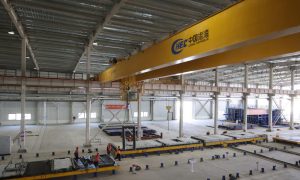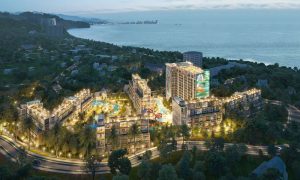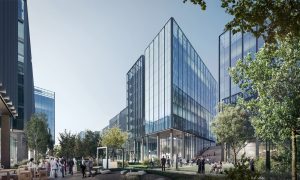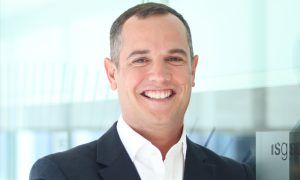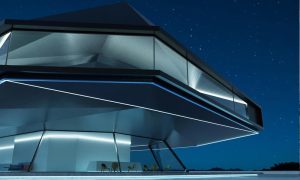Dubai Metro Red Line to expand towards Mirdif City Centre, Expo 2020 site
Traffic congestion cost Dubai $2.9 billion annually before the RTA was created, official says

RELATED ARTICLES: World Bank to host urban transport planning workshop in Dubai | Sheikh Mohammed reviews RTA projects | RTA, PMI to launch new project management forum in September 2014
Abdul Aziz Malik, advisor for Dubai Taxi at RTA Dubai, and head of the steering committee at MENA Centre for Transport Excellence (MENA-CTE) said the RTA’s future plans include the expansion of the metro network to increase accessibility in the emirate.
“The Green Line, which currently ends at al Qusais, will be extended into the Yellow Line, which will halt at Dubai Academic City,” Aziz said. “The Red Line will be extended to both, the Dubai World Expo 2020 site, as well as Mirdif City Centre, which is where a lot of traffic is often found in the city.”
Speaking on the first day of a workshop organised by MENA-CTE in association with the World Bank, focused on enhancing urban transport capacities in the region, Malik said the RTA, formed in 2005, brought together the various transport-related functions undertaken by Dubai Police, Dubai Municipality and Dubai Taxi Corporation.
“Traffic congestion cost us up to $2.9 billion before the RTA was created,” Malik said. “Road accidents cost as much as $5.4 billion.”
“Dubai needed a new vision to enhance its transport networks. The formation of the RTA took functions such as license issuance; parking coordination; traffic engineering; bus and taxi operations and so on from various agencies, like Dubai Police, Dubai Municipality and Dubai Taxi Corporation. This helped us facilitate better road activity in Dubai.”
Addressing the topic of traffic and related road congestion, Aziz said initiatives are being undertaken by the RTA to not only encourage public transport usage, but also reduce dependence on cars.
“Salik is a good way of placing a price on car usage,” Aziz said. “It’s almost a method of congestion-charging.
“We need to raise awareness about the benefits of using public transport. It is challenging because improving economic conditions, combined with inexpensive cars and fuel, make it lucrative to purchase a car in the MENA region. However, initiatives are in the pipeline to reduce the number of cars on the road,” he continued.
“Car-sharing is one option we are looking at.”


